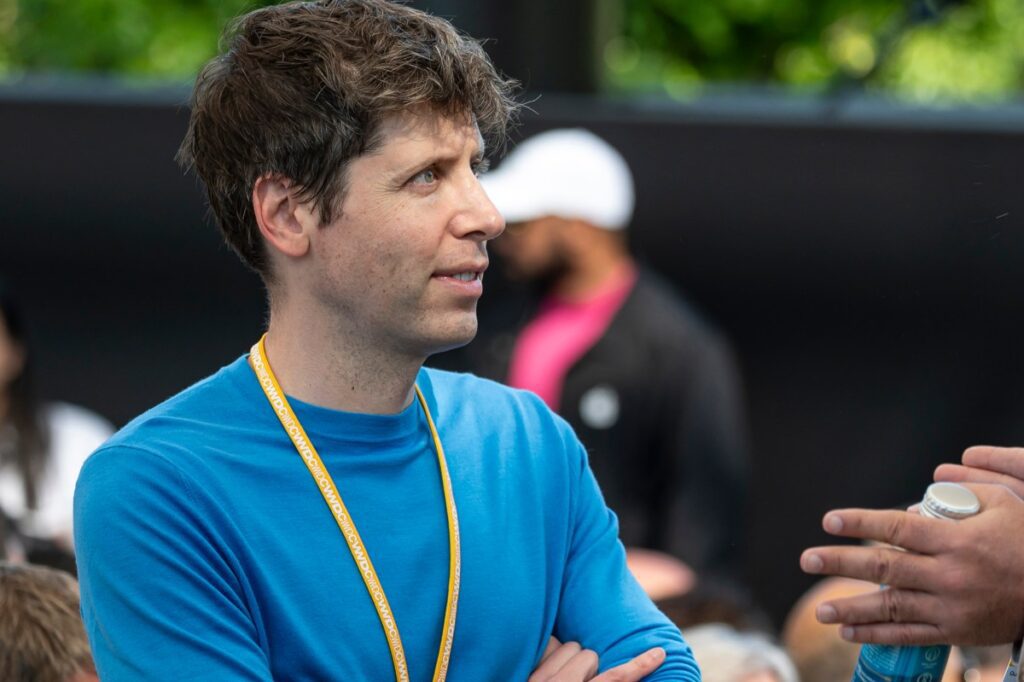OpenAI’s Patent Pledge: A Step Towards Collaboration or Just PR Fluff?
Recently, OpenAI took to its website to unveil a new statement that sparked conversation among tech enthusiasts and industry experts alike. The company pledged to refrain from using its patents in an offensive manner, promising to focus on fostering innovation through “broad access” and “collaboration.” But how substantive is this commitment really?
The Key Details of OpenAI’s Pledge
In its announcement, OpenAI emphasized that it intends to utilize its patents defensively. This means they would only act on these patents if a party poses a threat or initiates legal proceedings against them. The statement reads, “We pledge to only use our patents defensively, so long as a party does not threaten or assert a claim, initiate a proceeding, help someone else in such activities against us, or engage in activities that harm us or our users.”
Experts Weigh In
However, responses from the legal community suggest that the pledge may not hold much weight. According to Mike Borella, a partner at the intellectual property firm MBHB, the ambiguity of OpenAI’s commitment raises eyebrows. What constitutes “defensive” use, and how does OpenAI define "harm"? Borella noted that the final clause of the pledge could serve as a loophole, possibly allowing OpenAI to interpret it as a justification for legal action against competitors or critics.
Moreover, he pointed out that OpenAI doesn’t actually have a substantial patent portfolio. Their intellectual property strategy appears to be more focused on trade secrets, such as proprietary training data and methodologies. Currently, only a few of their patent applications have been granted by the U.S. Patent and Trademark Office, which further raises doubt about the sincerity of their pledge.
The Legal Landscape
Legal experts have also weighed in on the implications of OpenAI’s statement. Shubha Ghosh, a professor at Syracuse University specializing in intellectual property law, remarked that the pledge is non-binding and lacks legal enforceability. He emphasized that OpenAI still retains the right to uphold its interests under copyright, trade secret, and contract laws. This means that even if OpenAI strays from its pledge, what it ultimately risks is its credibility, not legal consequences.
Borella went as far as to describe the statement as “public relations virtue-signaling,” suggesting it’s more an effort to win favor with the tech community and regulators, reminiscent of Tesla’s similarly vague patent strategy from 2014.
What This Means for the Industry
The overarching question remains: Is OpenAI’s pledge a genuine attempt to encourage healthy competition in the AI landscape, or is it merely a paper tiger? For many industry insiders, the nuances in the language of the pledge suggest the latter.
Conclusion
As we navigate the complex waters of AI development and intellectual property, OpenAI’s patent pledge raises more questions than answers. While their intentions may be rooted in promoting innovation, the execution remains uncertain and vague. Keeping an eye on how this unfolds could provide insights into the future of collaboration in technology.
The AI Buzz Hub team is excited to see where these breakthroughs take us. Want to stay in the loop on all things AI? Subscribe to our newsletter or share this article with your fellow enthusiasts.




